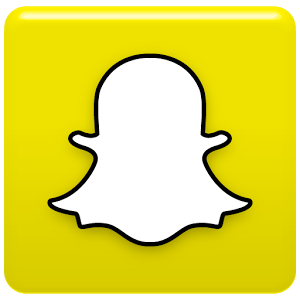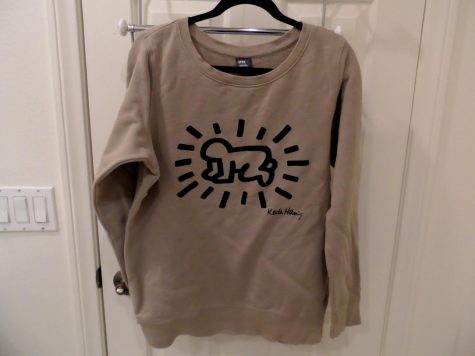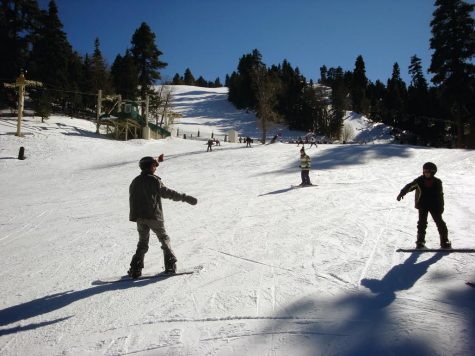Leaky app a problem… Or not?
With the usernames and phone numbers of 4.6 million Snapchat users circulating online, the world seems to have gotten more unassured.
According to NBC News, Snapchat, the popular smartphone app used mainly by teens to send pictures for brief durations of time, has been infiltrated on the last day of 2013. Gibson Security, an Australian security company, had been warning Snapchat of a “security hole” for months. Hackers with malicious intents could easily take advantage of the Find Friends feature to steal phone numbers, which is exactly what happened.
The “theoretical” breach blew up on the last day of 2013; SnapchatDB.info was launched online with the usernames and phone numbers of 4.6 million people, including Evan Spiegel, co-founder of Snapchat, “to raise public awareness about online security holes.” However, the last two digits were blurred unless someone actually paid for the full information. What a graceful concession.
Phone numbers aren’t connected to Snapchat alone. Facebook, Gmail, Instagram, Twitter and various other social networking sites ask for phone numbers. It’s all supposedly for security reasons and it’s an optional feature, but many a reckless teen give out their information without thinking twice. As if the threat of hacks aren’t enough, some bank accounts are linked to phone numbers.
Sure, any possible bank account hackers would need the PIN number, but with enough effort and malicious intent, they could probably overcome that barrier, too. Or, as most teens worry, the hackers could launch another attack and publish the pictures themselves. Snapchat assures its users that pictures are deleted from its servers once the time is up because it values everyone’s privacy.
So let’s get this straight: a company that supposedly puts its consumers’ privacy as its primary priority knew about a security issue for months, didn’t do anything about it, and got hacked. I can almost hear all the Snapchat users hurriedly deleting their accounts and getting new phone numbers.
Or maybe not.
People’s reactions aren’t as dramatic as a hacking would call for. Most of this generation is too steeped into the social networking culture to worry about the breach. To this generation, a public database of phone numbers and usernames is akin to the yellow pages. It’s not armageddon; it’s not even as critical as a city-wide blackout, in which today’s youth can’t — gasp! — charge their phones.
The database has been taken down now, but not before a few people have bought the unfiltered database. Snapchat tried to make up for the blunder by updating the app to give its users the option to keep from being found through their phone numbers.
Maybe I’m just a paranoid oddball, but I can’t sleep at night without thinking about all the horrendous possibilities of having my phone number floating around online. I hardly think that I’d stand out among 4.6 million people, but who knows? Better safe than sorry.

INTERESTS/HOBBIES: Concert-going, book-reading, pun-saying, cover-making, prose-writing
EXTRACURRICULAR ACTIVITIES: GMG Regional Board (VP of...








